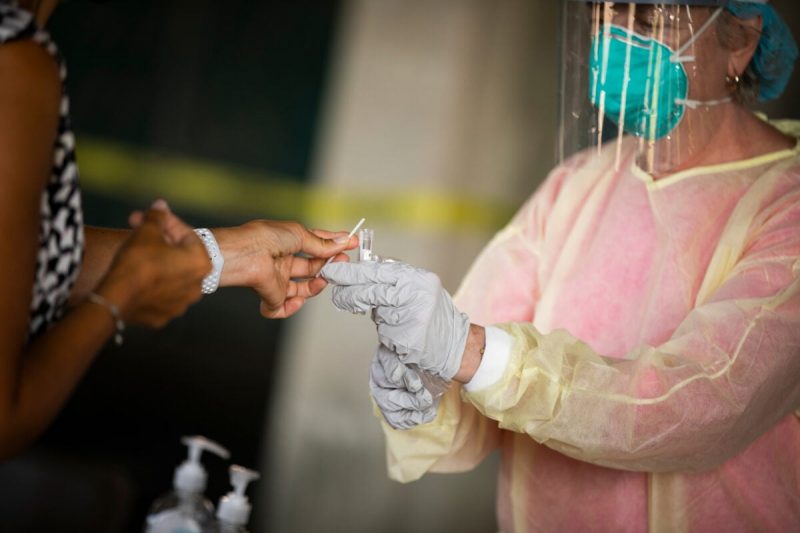As the world grapples with the unprecedented challenges posed by the global COVID-19 pandemic, the race to develop a safe and effective vaccine has taken center stage. The accelerated timelines for vaccine development have stunned many observers, with the traditional process that takes years compressed into mere months. However, it is essential to recognize that while vaccines may arrive in record time, the virus has proven to be a formidable adversary, constantly evolving and spreading at a rapid pace.
One of the key factors that have enabled the expedited development of COVID-19 vaccines is the unprecedented level of global collaboration and coordination among scientists, researchers, pharmaceutical companies, and regulatory agencies. The sharing of research findings, data, and resources has played a crucial role in accelerating the identification of potential vaccine candidates and expediting clinical trials.
Moreover, advancements in technology, such as mRNA-based vaccine platforms, have provided a new and innovative approach to vaccine development. These cutting-edge technologies have allowed researchers to rapidly design and produce vaccines targeting the specific genetic material of the SARS-CoV-2 virus, offering a promising avenue for vaccine development against new and emerging pathogens in the future.
While the speed at which vaccines have been developed is undoubtedly impressive, it is essential to recognize that the timeline for vaccine development is only the beginning of the journey towards overcoming the pandemic. The successful deployment and distribution of vaccines to billions of people worldwide present a significant logistical challenge that will require comprehensive planning, coordination, and cooperation at a global scale.
Furthermore, the emergence of new variants of the virus underscores the importance of ongoing monitoring and surveillance to ensure that vaccines remain effective against evolving strains. Scientists and public health authorities must remain vigilant and adaptable in their efforts to keep pace with the rapidly changing nature of the virus and its potential impact on vaccine efficacy.
In conclusion, while the development of COVID-19 vaccines in record time represents a remarkable achievement of human ingenuity and scientific innovation, the battle against the virus is far from over. Continued vigilance, collaboration, and a commitment to equitable access to vaccines for all populations are essential to turning the tide against the pandemic and building a more resilient global health system for the future.

